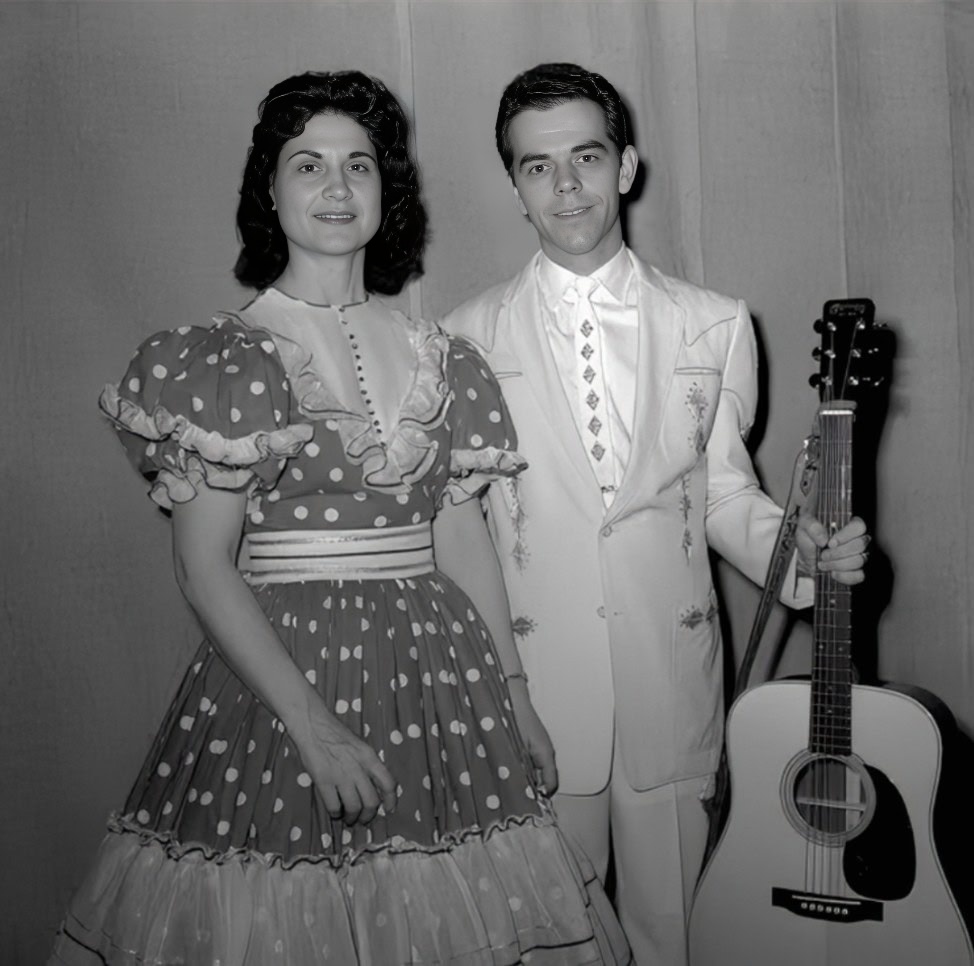
Kitty Wells, born Ellen Muriel Deason, was a pioneering American country music singer. Known as the “Queen of Country Music,” she broke down barriers for women in a male-dominated genre. While not always topping charts with number-one singles, her consistent presence and influence across decades earned her numerous awards and accolades, including induction into the Country Music Hall of Fame in 1976. Wells paved the way for future generations of female country artists with her strong vocals and relatable storytelling.
One of her most iconic and controversial songs, “It Wasn’t God Who Made Honky Tonk Angels,” released in 1952, remains a landmark in country music history. The song was an answer to Hank Thompson’s hit “The Wild Side of Life,” which blamed women for the downfall of men. Wells’s response flipped the narrative, arguing that if women were driven to honky tonks, it was often due to the unfaithful behavior of their husbands.
The song’s lyrics directly challenged the traditional depiction of women in country music, which often portrayed them as either virtuous homemakers or temptresses. “It Wasn’t God Who Made Honky Tonk Angels” offered a more nuanced perspective, suggesting that societal pressures and male infidelity played a significant role in shaping women’s choices.
Upon its release, the song caused a stir and was even banned by some radio stations for its perceived feminist message. However, it resonated deeply with audiences, particularly women, who appreciated its honesty and empowering message. The song soared to the top of the Billboard country charts, becoming the first number-one hit by a solo female artist in the genre’s history, solidifying Kitty Wells’s place as a revolutionary figure and forever changing the landscape of country music.